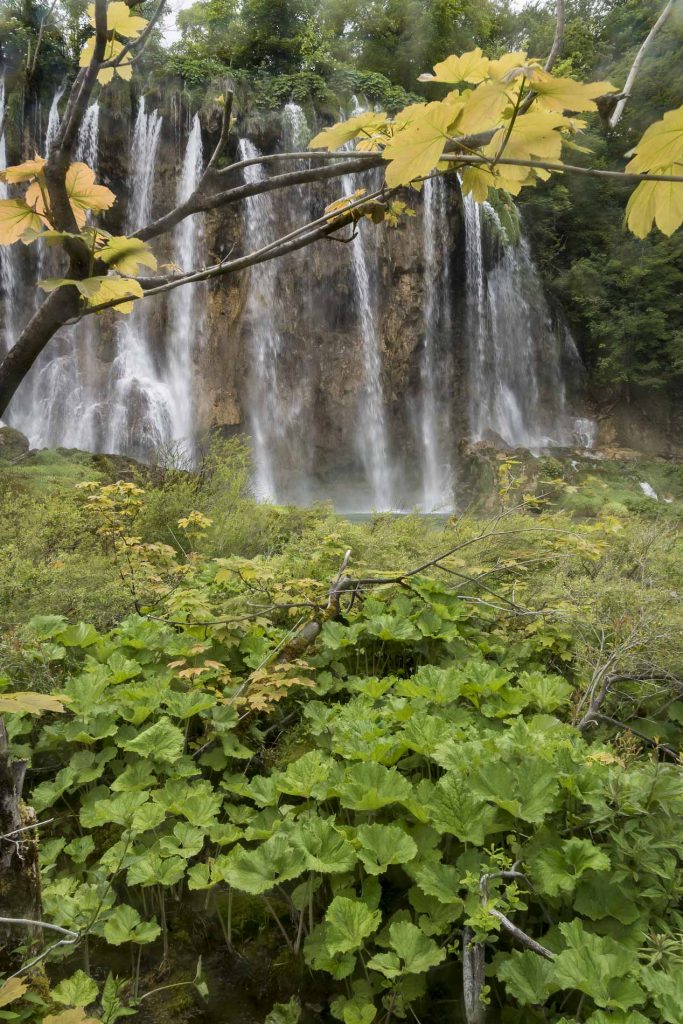The Balkans
Strictly speaking, the Balkans are a chain of mountains that lend their name to a peninsula in southeastern Europe. But they’ve come to be associated with a larger meaning, one that’s taken from the region’s turbulent history—Balkanization. It’s a term that has come to define the process of a larger entity fragmenting into smaller, more hostile and less cooperative ones, usually along the lines of tribal, ethnic and religious loyalties.
The Balkans’ long history as a crossroads of empires makes the region a snapshot of Western Civilization. From the Romans to the Ottomans and the Habsburgs, their legacies can be seen everywhere here. This is where the Mediterranean and Slavic worlds meet and blend with cultural influences brought from Asia Minor by the Ottoman Turks. Such cultural cross-pollination has not always produced harmonious results. It’s worth remembering that the first World War began when a Serb assassinated Archduke Franz Ferdinand of Austria.
After that war, a federation of sorts emerged with the ungainly name, ‘the Kingdom of Serbs, Croats, and Slovenes’, which formed the core of what would be renamed ‘Yugoslavia’ in 1929, a word essentially translating to ‘South Slavia’.
This new entity called simply, Yugoslavia, emerged from the rubble of the second world war and put itself back together under the leadership of Josep Broz Tito who sought to keep a lid on the ethnic tensions that had long simmered in the region. Tito and others hoped the pan-Slavic identity inherent in the country’s new name would take hold and centuries-old grievances would dissolve away.
But, this is a land with a long memory, where ancient disagreements and grudges smolder in the ashes of a fire not completely extinguished. Tito and his version of communism kept Yugoslavia together during the Cold War, but his death in 1980 was the beginning of a slow unraveling. By the time the Berlin Wall came down in 1989 and the Soviet Union dissolved soon after, Yugoslavia as a uniting idea was finished. Slovenia and Croatia soon declared their independence, provoking a military response from greater Serbia, now all that remained of the former Yugoslav federation.
